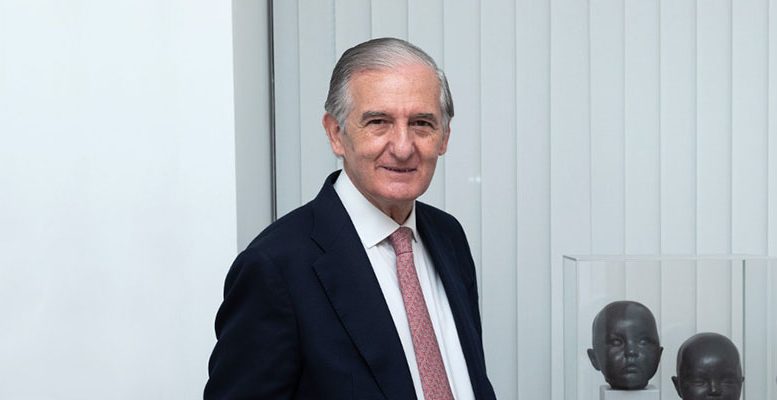Fernando Rodríguez López de Andújar | Alberto Alonso Ureba, professor of commercial law, has sat on the board of several Spanish listed companies like ENDESA, ZELTIA and SIEMENS GAMESA. He is one of Spain’s -most renowned experts on corporate governance.
Q: Is there any model of governance for listed companies you prefer?
A: Spain is the only country in Western Europe which has not introduced in its legal system the possibility for companies to opt for the dual model of board and management committee. Today it is contemplated, at least optionally, in France, Italy and Portugal, as well as in Central European countries. In Spain, our culture is one of management operating with great autonomy and a board with an essentially supervisory role, albeit very dependent on management. It is necessary to clarify competencies and areas of responsibility. And this implies delimiting the role and functions of the management committee and the framework of its relationship with the board. This is a pending issue for modernising our governance model in listed companies. But, more importantly, it is also necessary to recover the spirit of the Social Market Economy that served as the ideological basis for the construction of the European Union in the second half of the 20th century. Large multinational listed companies are not merely a contract between shareholders guided by the maximisation of profit. They are genuine socio-economic institutions that must incorporate both the interests of investors and those of other interest groups linked to the activities they carry out. This is the meaning of ESG criteria referring to environmental, social and corporate governance factors. The credibility of our economic model in the eyes of civil society is at stake. This is largely the basis of today’s undefined populist movements.
Q: Don’t you think that actually, and right at this moment, the pursuit of this social interest is already outweighed by a company’s legitimate interest in making money?
A: One is not possible without the other. There is no market economy without the pursuit of profit, that is obvious. The question is whether we split the institutional basis of large listed companies in two, so that we speak of a first and only class of shareholders – the investors in the strict sense – and a second class without their own status or recognition in the strict sense. Namely, the different interest groups present in the activity of large companies and linked to civil society as the framework in which economic operators act and develop. This must be overcome. One of the great dysfunctions of our market model today, which it did not have in the 1970s and 1980s, is this enormous distancing from civil society on the part of these large corporations, which are also social institutions. And this is mainly for two reasons: the abstract maximisation of profit as a priority principle and, linked to this, the qualitative irruption of large anonymous institutional investors. The problem today is not the governance of listed companies but the absence of governance and transparency in large institutional investors and their asset managers. They have become the new great anonymous power above even markets and states. They question management teams with great ease and create great dependence on them. They move around the world with artificial headquarters, it is not known where they are really located, they have no borders, they are multi-jurisdictional. They operate here, they operate there. Today they invest here or disinvest there, what they earn in one place they compensate for in another with strategies that are alien to civil society. This is the new great economic power, which is not identified. We know who the board members of listed companies are, their salaries, their strategies, but what do we know about this great economic power of collective institutional investment? What is more, these new players play with other people’s money, their savings. They are the great collectors of private savings, replacing the banks. But they are fiduciaries because they represent the interests of the small savers behind the funds. And if they are their trustees, to whom are these large investors accountable? The anonymity, the dislocation… is not understood by today’s civil society.
Q: What do you propose?
A: The first difficulty with this issue is that it has to be tackled in an international framework. The EU took a tremendous step backwards in Maastricht by introducing the socially, economically and legally inefficient principle of competition between national legal systems. As if the law were an instrument for countries to compete with in attracting capital. This has placed law outside the ideal of justice and at the feet of anonymous institutional investment.





